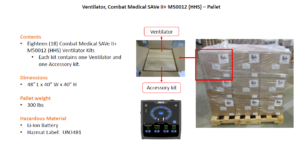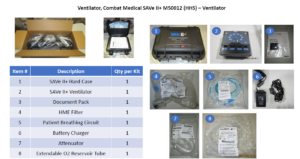March 12, 2024

Elevate Your Leadership in 2024 – Apply Today Before Enrollment Closes
The Crisis: Rural Hospital Closures & CEO turnover
A Proven, Successful Answer You Can Do Now: NRHA’s Rural Hospital CEO Certification Program
Be the next CEO from your state to join the ranks of 150+ CEOs from across the country that are working to keep their rural hospitals open and thriving.
Why You Will Benefit:
- Comprehensive curriculum made by rural hospital CEOs for rural hospital CEOs
- Practical strategies and effective tools to grow knowledge base and leadership confidence
- Exclusive networking opportunities with rural healthcare industry experts and rural hospital leaders like you
- Rural-specific curriculum:
- This program was developed by experienced and accomplished rural executives who are dedicated to empowering current and aspiring rural hospital CEOs
- Practical insights:
- Learn from experienced professionals who understand the nuances of rural healthcare leadership
- Invitation-only networking:
- Connect with a select group of like-minded leaders, subject matter experts and rural industry leaders
Kick off Date: May 21 at 4 p.m. EST
Do you need answers, before applying? Please contact Sydney Grant at sgrant@nrhasc.com.





